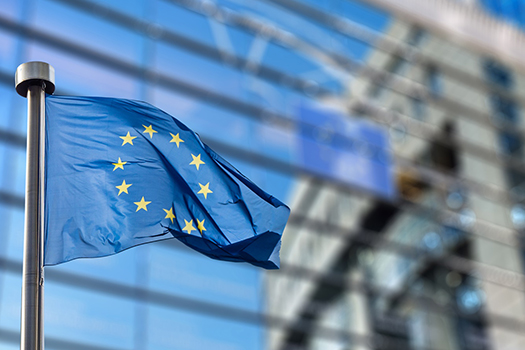The Government has not made any assessment of extra costs to the NHS from paying for visas to bring in staff from the EU after Brexit, the health secretary has said.
However, responding to questions from the House of Commons Health Committee this evening, Matt Hancock said it has looked at how it could reduce immigration bureaucracy for workers from the EU.
During the hearing, which focused on the impact on the NHS from the UK’s departure from the EU, committee chair Dr Sarah Wollaston pointed out that there will be ‘a significant extra cost’ related to visas for both the NHS and the social care system.
To which Mr Hancock said: ‘I haven’t got a specific estimate of the visa costs involved.
‘Of course, visa costs haven’t been set and the immigration policy white paper hasn’t yet been agreed, but it is something that I’m working closely with the Home Office on.’
But Mr Hancock added: ‘Part of what we want to do with the future immigration system is make [visa] timescales shorter and easier, because there is the direct financial cost of getting a visa but there is also the bureaucratic time it takes.’
Also during the hearing, Mr Hancock confirmed to the committee of MPs that the Government will not re-introduce restrictions on the number of doctors and nurses who can be employed through the ‘tier 2’ visa route, amid some interpretation that the recent lifting of the cap was a temporary measure.
Mr Hancock said: ‘We have no intention of changing it.’
Regarding the migrant workforce, Mr Hancock added that he is ‘an internationalist’ and that he ‘loves’ the ‘fact we attract brilliant people here to the UK’.
But he added: ‘I think that it is best that is done in a controlled and organised way.’
Earlier this month, home secretary Sajid Javid announced that people immigrating to the UK from the EU will have to meet the requirements of a ‘skills-based’ system, and pass a ‘British values test’ as well as tougher English language demands.
Under the plans, GPs from the EU would have no preferential treatment compared with GPs from anywhere overseas, with the BMA warning the policy could ‘create chaos in the NHS’ and have a ‘huge knock-on effect’ on general practice.
Pulse July survey
Take our July 2025 survey to potentially win £1.000 worth of tokens












